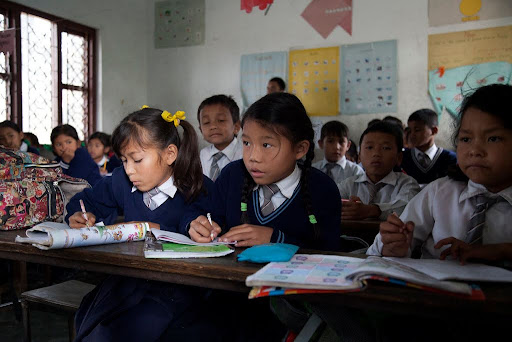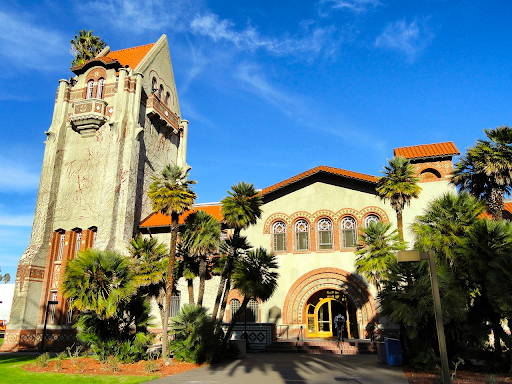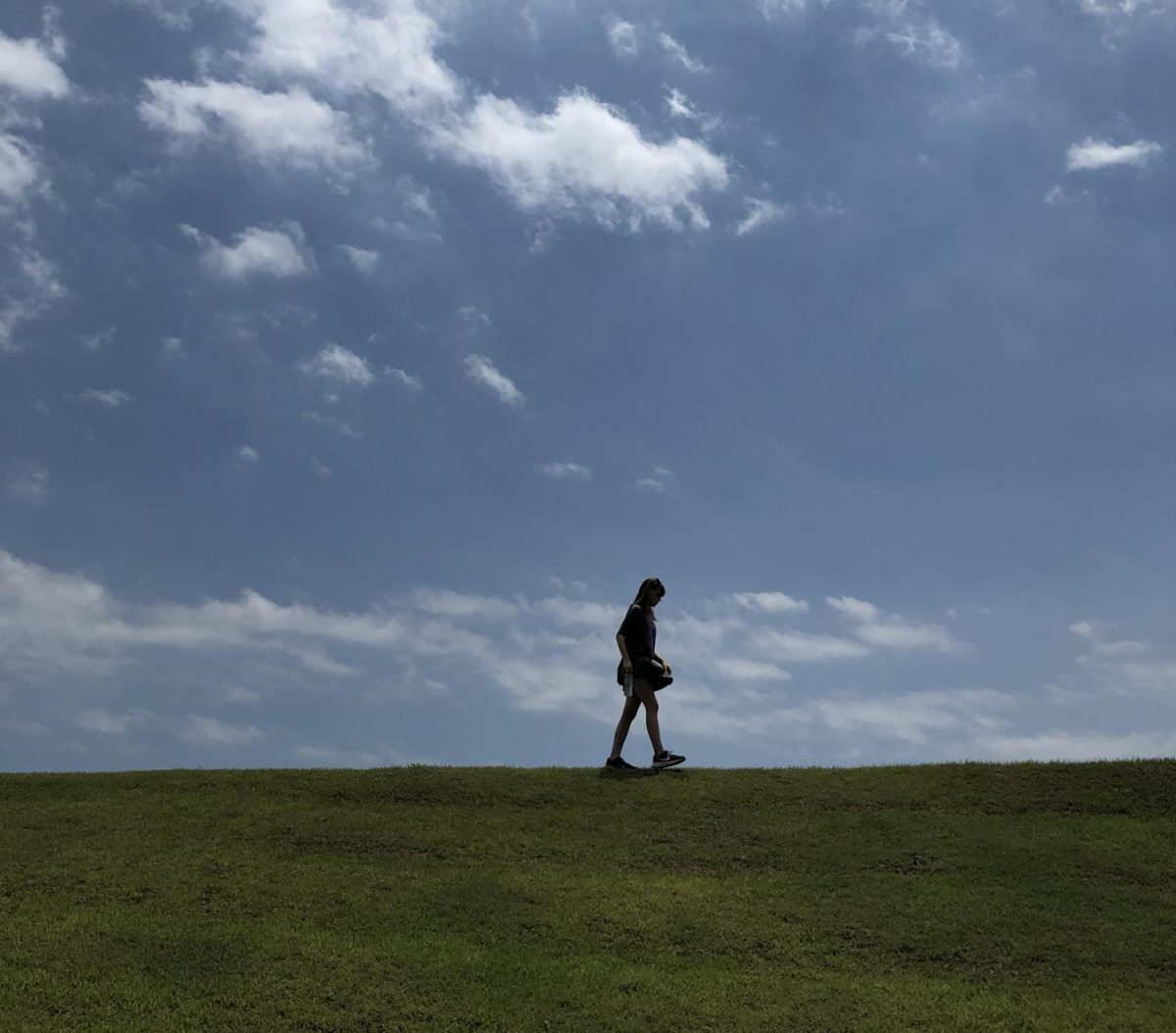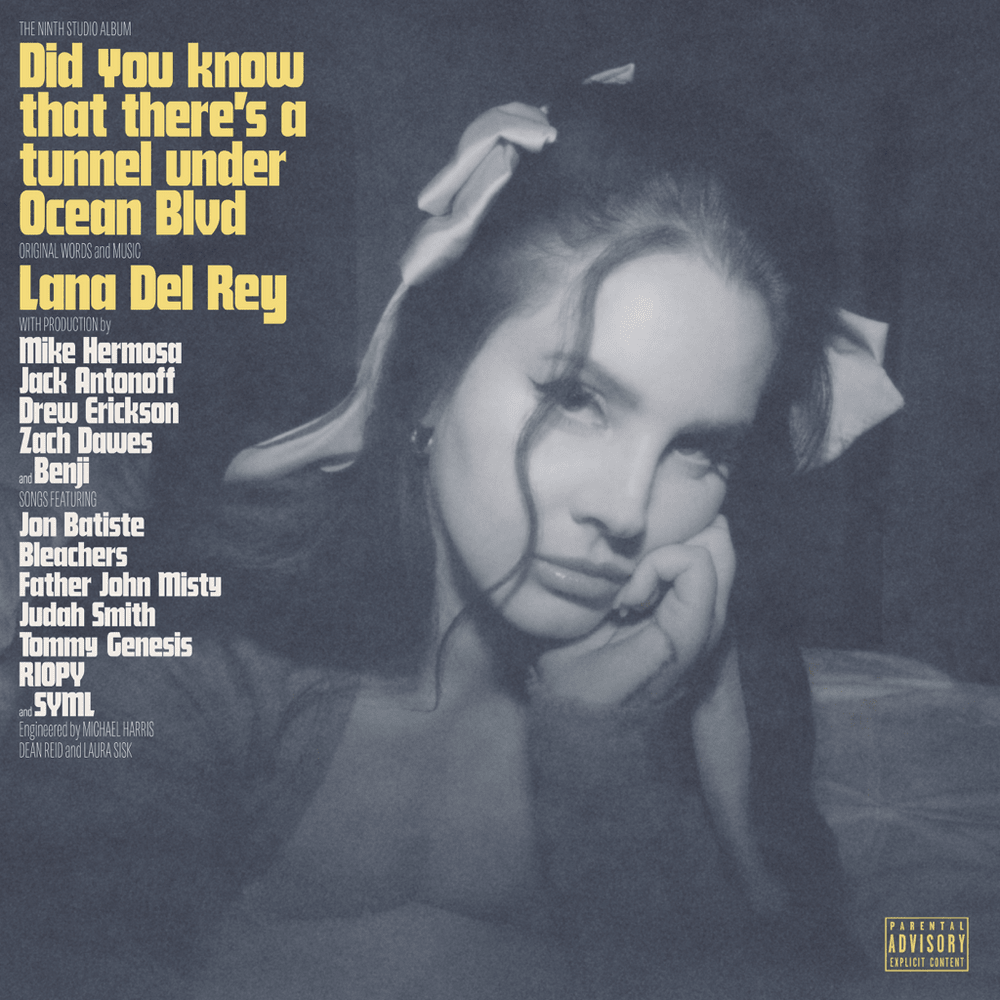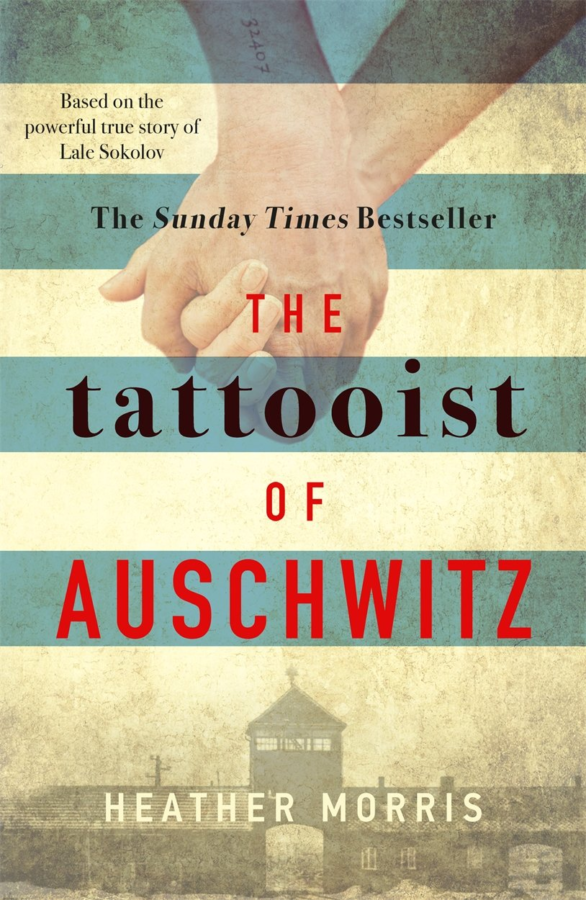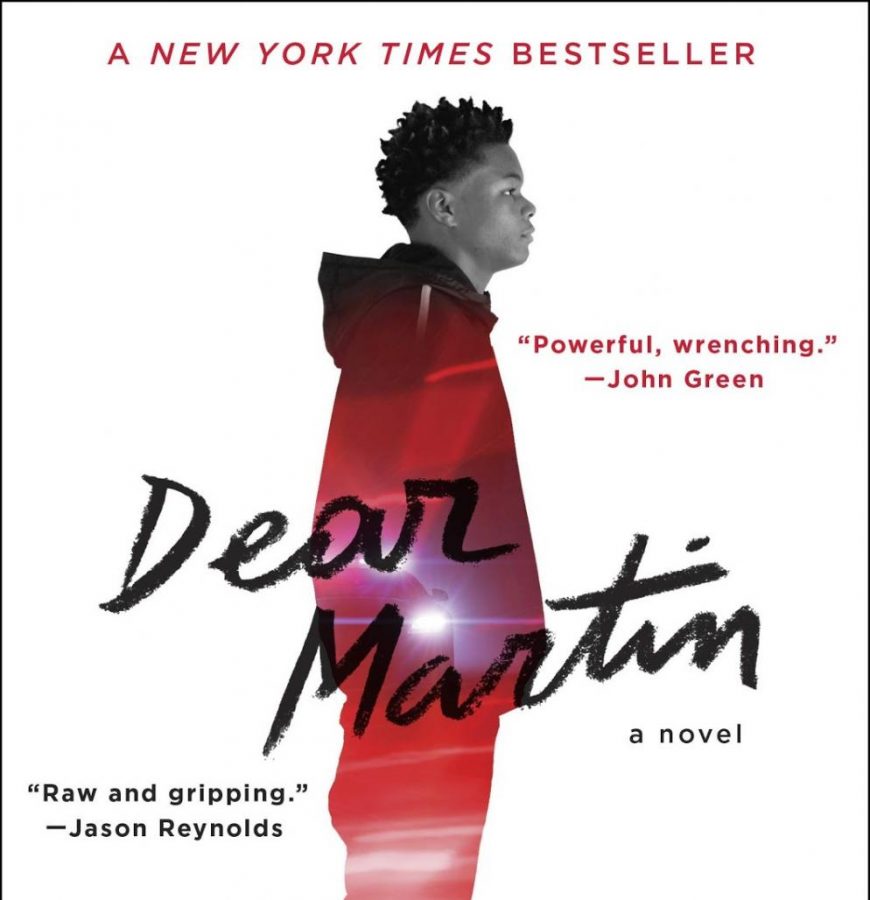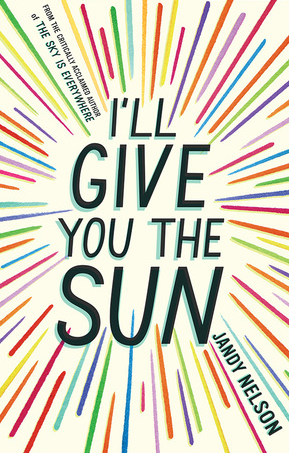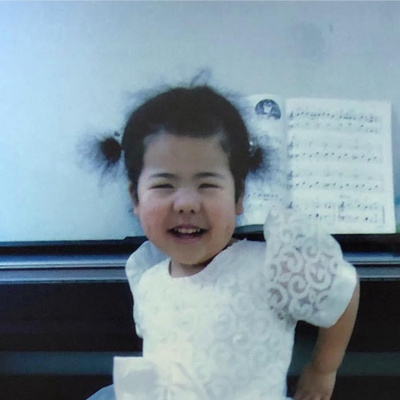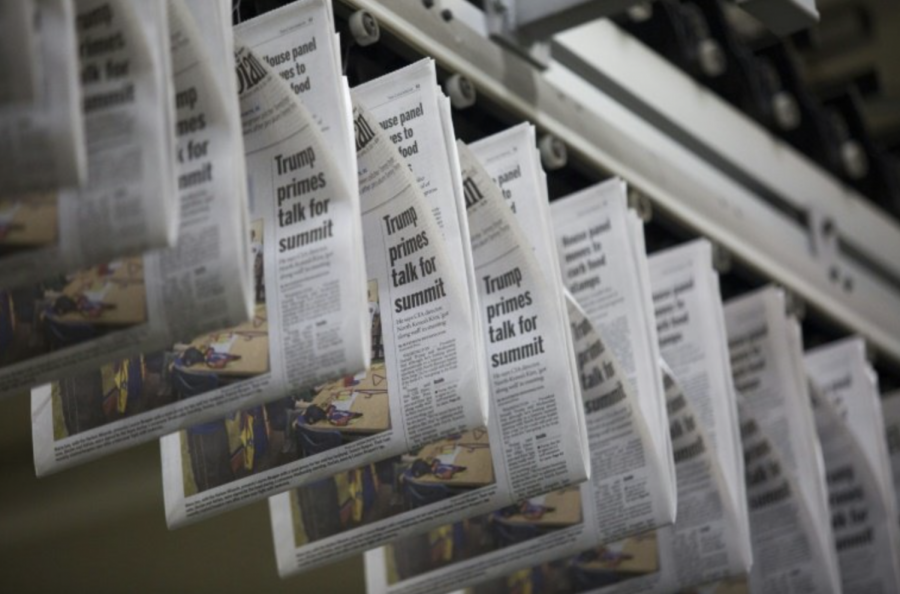Why high-schoolers should read about current affairs
March 21, 2019
How often do you read the news? Maybe you see a headline, on Snapchat, or Twitter, or your Facebook news feed. But, do you click through to read the story? Does it feel like something you have time to do? It’s hard to keep updated on current affairs, but for us, high-schoolers in particular, it is extremely important.
According to Pew Research Center, 49% of teenagers get their news from social media, mostly Twitter or Facebook, where simple headlines or entertainment value can gloss over important parts of a news story. Smaller news organizations rely on clicks to drive revenue, so there is not always an incentive for these stories to go into deeper detail.
Instead, students should read reputable news sites or watch the news on a day-to-day basis. We may love social media, but it is not a perfect system for the kind of news we need to be well informed about the world.
The question a lot of students may be wondering is whether it is worth the time to spend twenty or thirty minutes a day reading, watching, and consuming news? It is, in fact, incredibly valuable. In school, students can excel if they are up-to-date on current affairs. In AP Language & Composition, for example, having knowledge of current affairs or news can help students write the open argument free response question – the portion of the exam where students have to defend, challenge, or qualify a prompt using prior knowledge and evidence. In AP Macroeconomics or Microeconomics, students who read the news will be able to combine their knowledge of political issues with economic theories and gain a deeper understanding. In addition, staying updated on current affairs can help with extracurricular activities such as speech, debate, and MUN, where impromptu thinking and background evidence is often required.
Outside of specific classes and activities, staying updated on current affairs or just reading the news allows students to understand the unpredictability of our modern world. If students are aware of global issues, they can have a better understanding of the world’s political, economic, and social structures, which allows them to make better decisions on how to live their lives after high school and throughout their careers.
One way to save time and stay informed is to download the Reuters News App, which goes through the daily news in five to ten-minute intervals, depending on how much time you have between your studies and leisure time. Most reputable news sources, such as CNN or The Japan Times also have apps for smartphones which can be set to notify the user when there is breaking news. Even just reading a short article rather than skimming a headline is enough to change your regular news habit and start to better understand what’s happening in the world.
There are also mobile apps which compile news from various reliable sources into an easily digestible format. Apps such as Flipboard and Cira collect news from a range of local, national, and international news outlets and feature them on their respective app. These apps erase possible biases caused by consuming only one news source, allowing you to compare information.
The New York Times and some other news organizations also have subscriptions known as “Morning Briefings”, which are quick summaries of the latest news sent straight to your inbox around 7 am every morning. These subscriptions are free and only require an email to sign up. The New York Times even includes recipes, healthy living hacks, and short stories in their Morning Briefing.
On Youtube, students can subscribe to news channels like the BBC and CNN, which post one to three-minute long video news stories throughout the day. This way, news pops up in your subscription box daily but is easily consumable. If that still sounds relatively mundane, some Youtube channels make news shows which incorporate pop culture, political, and global news, such as the Philip DeFranco Show, while still including source links if an individual wishes to dive deeper into a news story.


